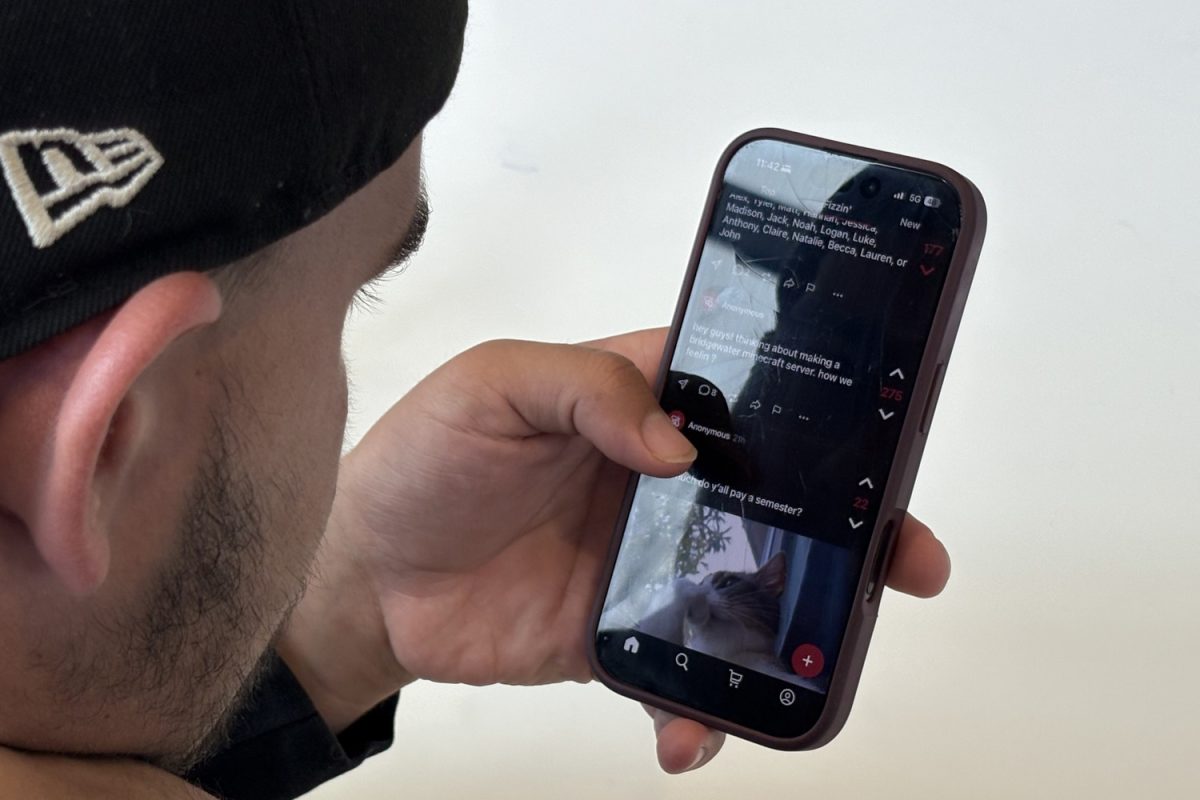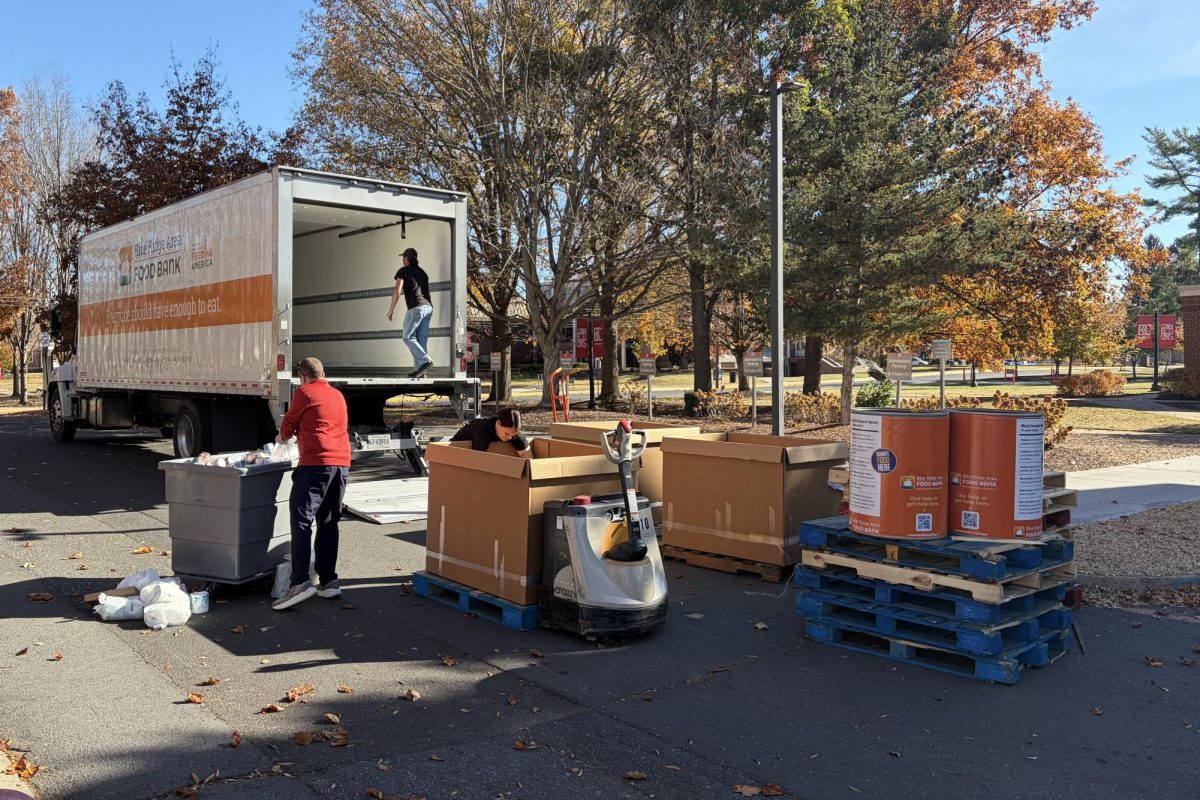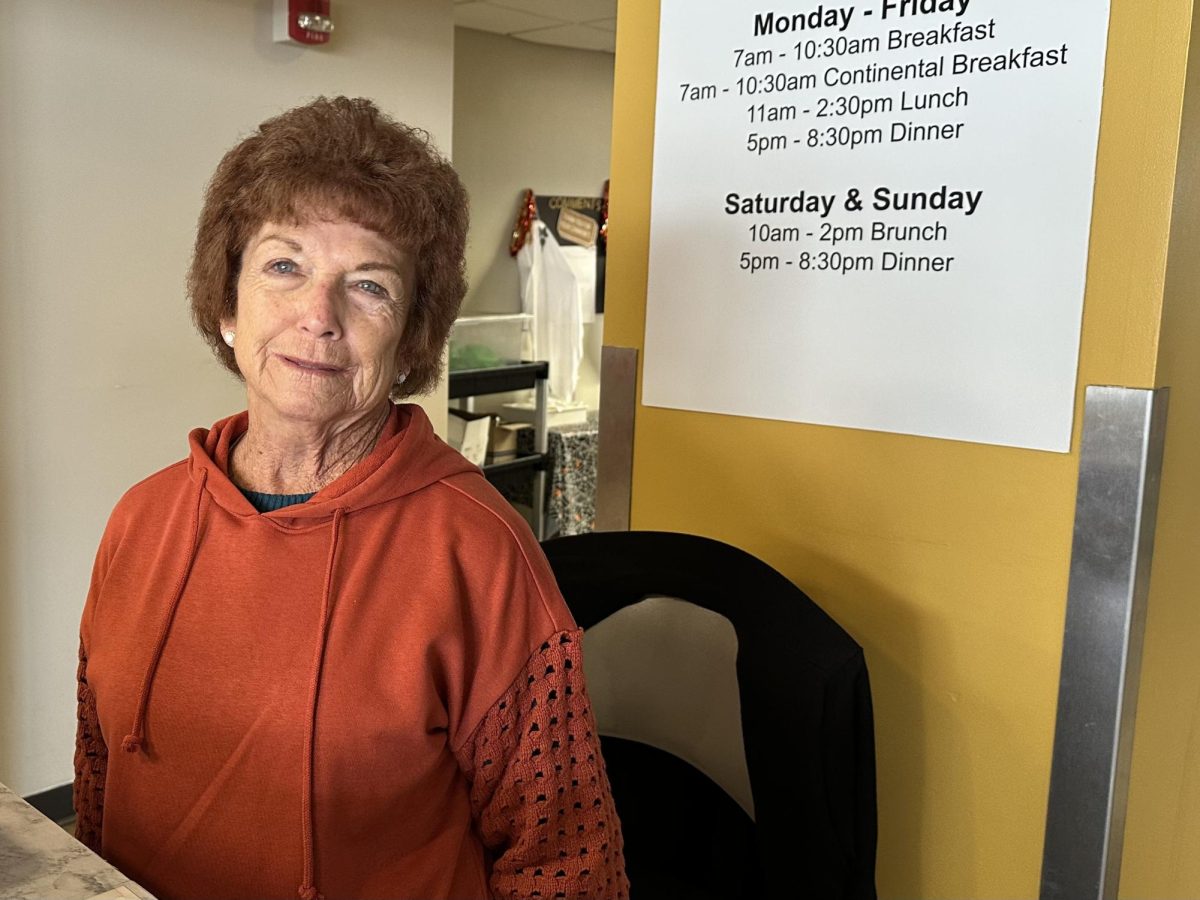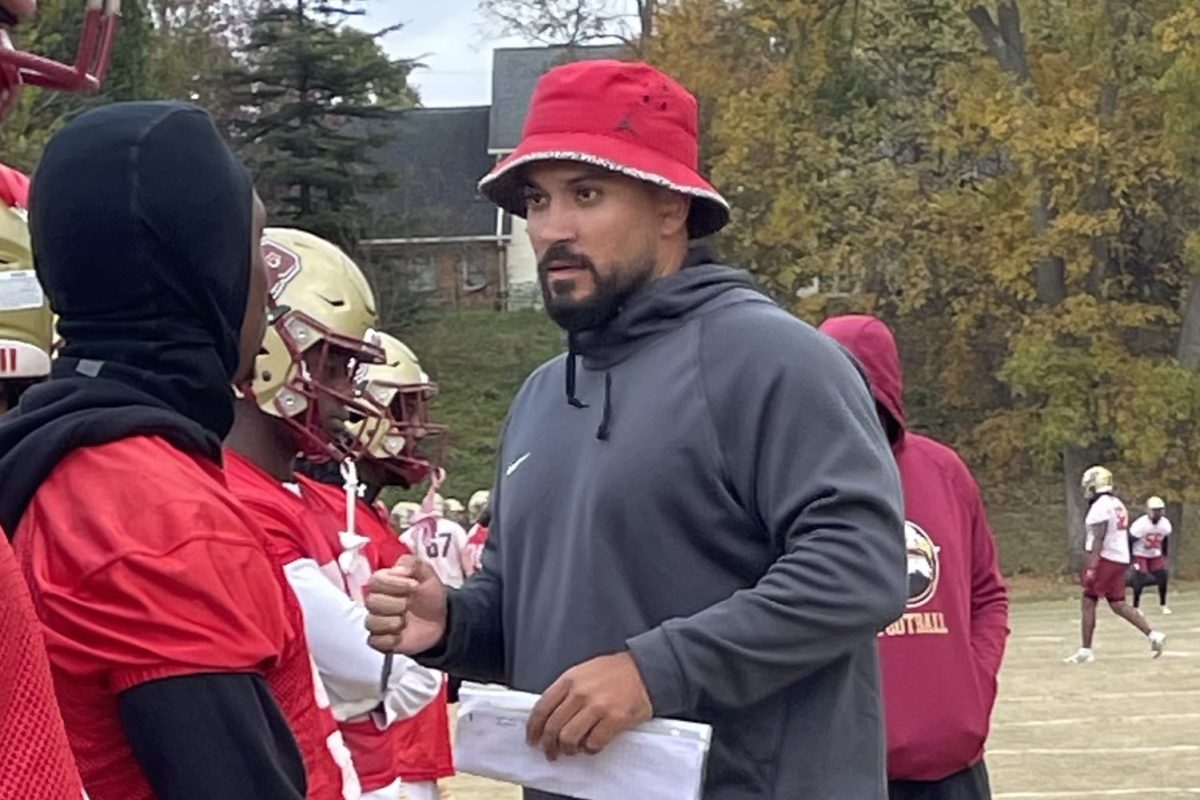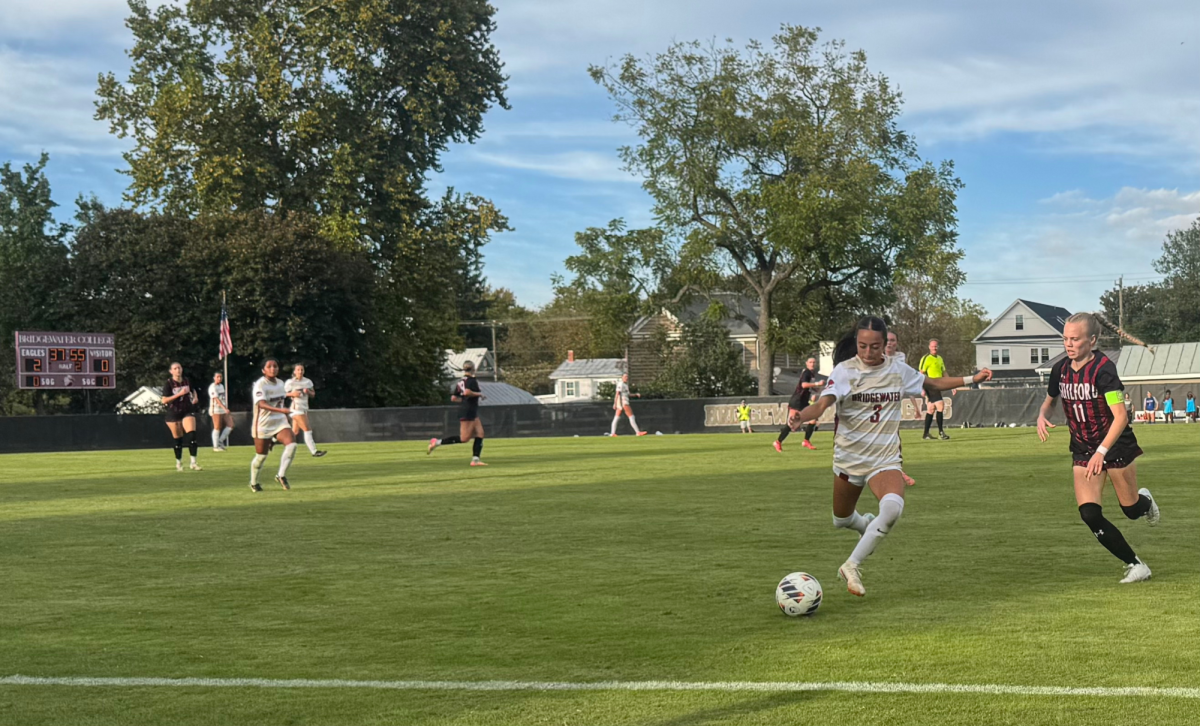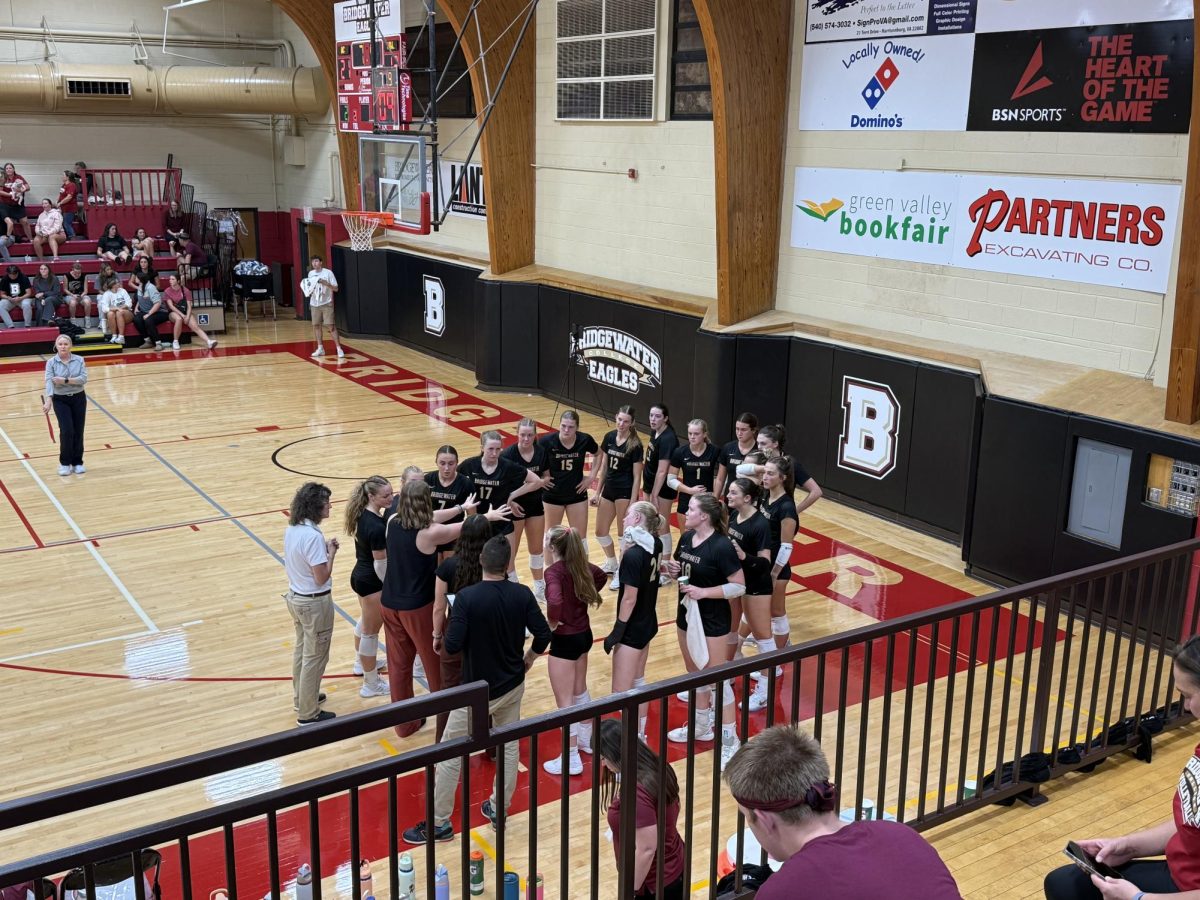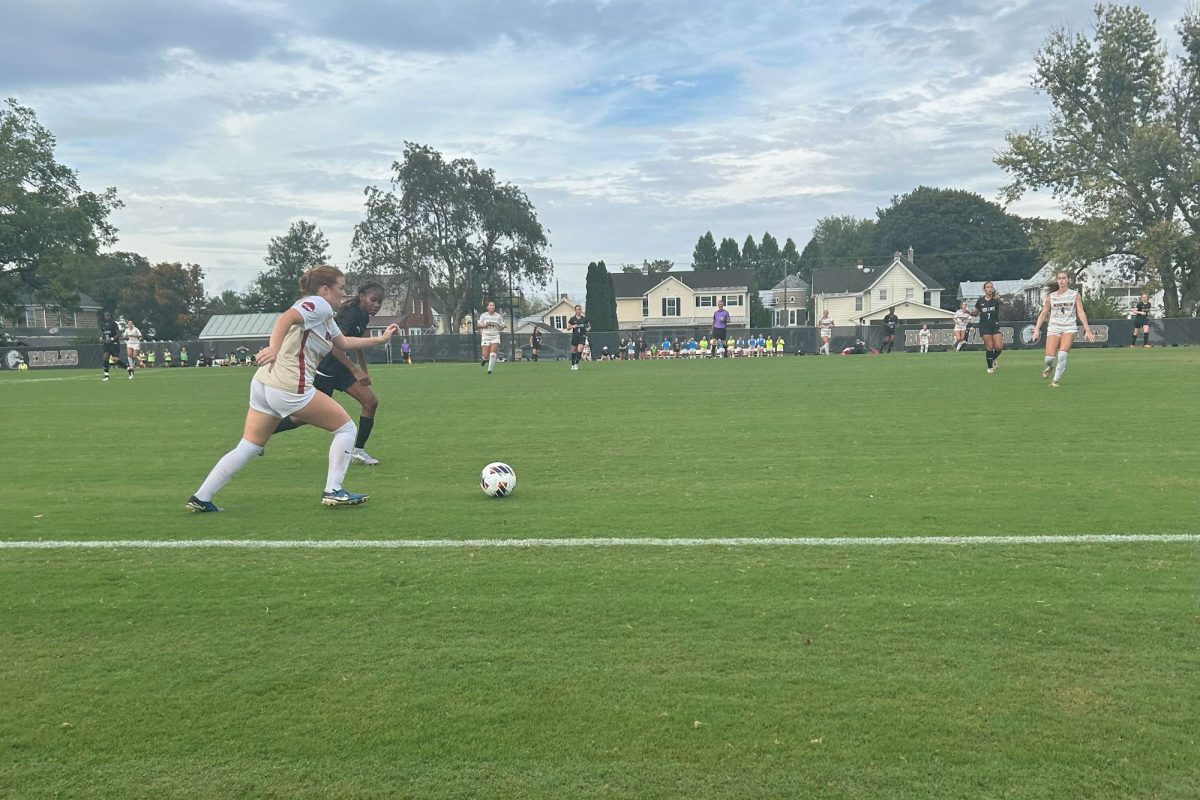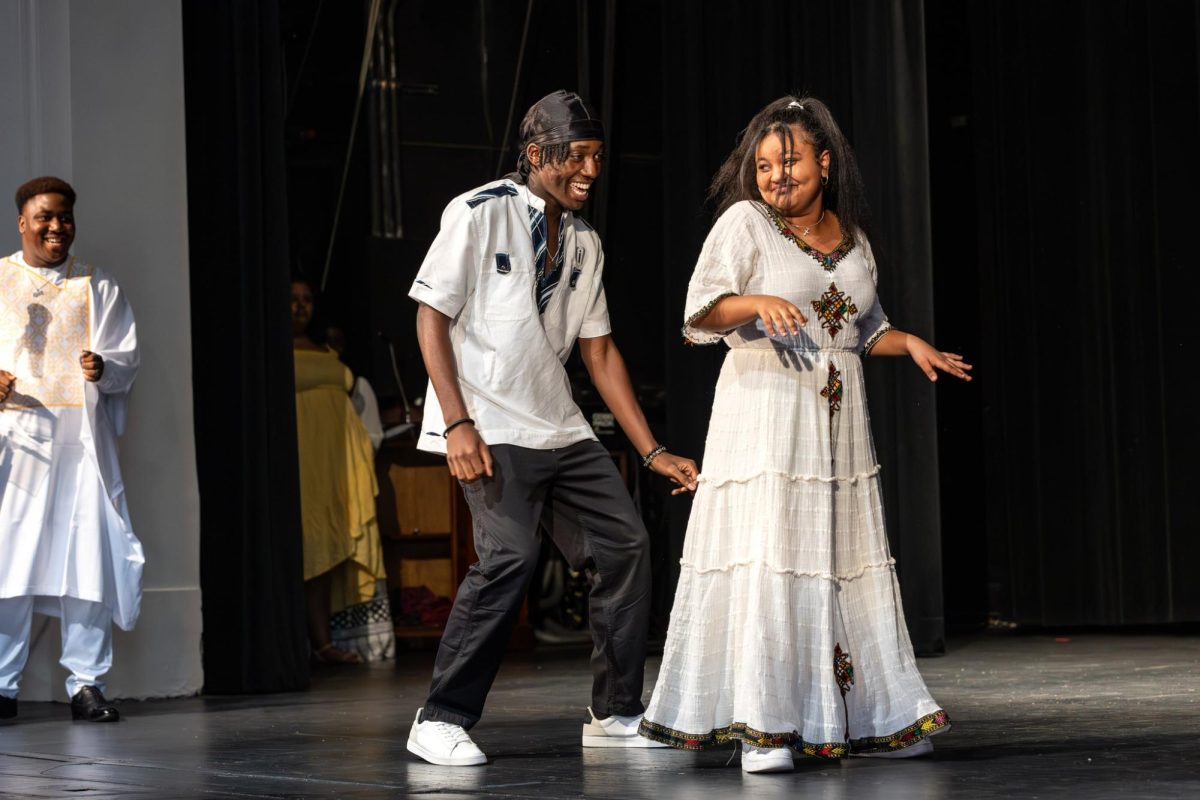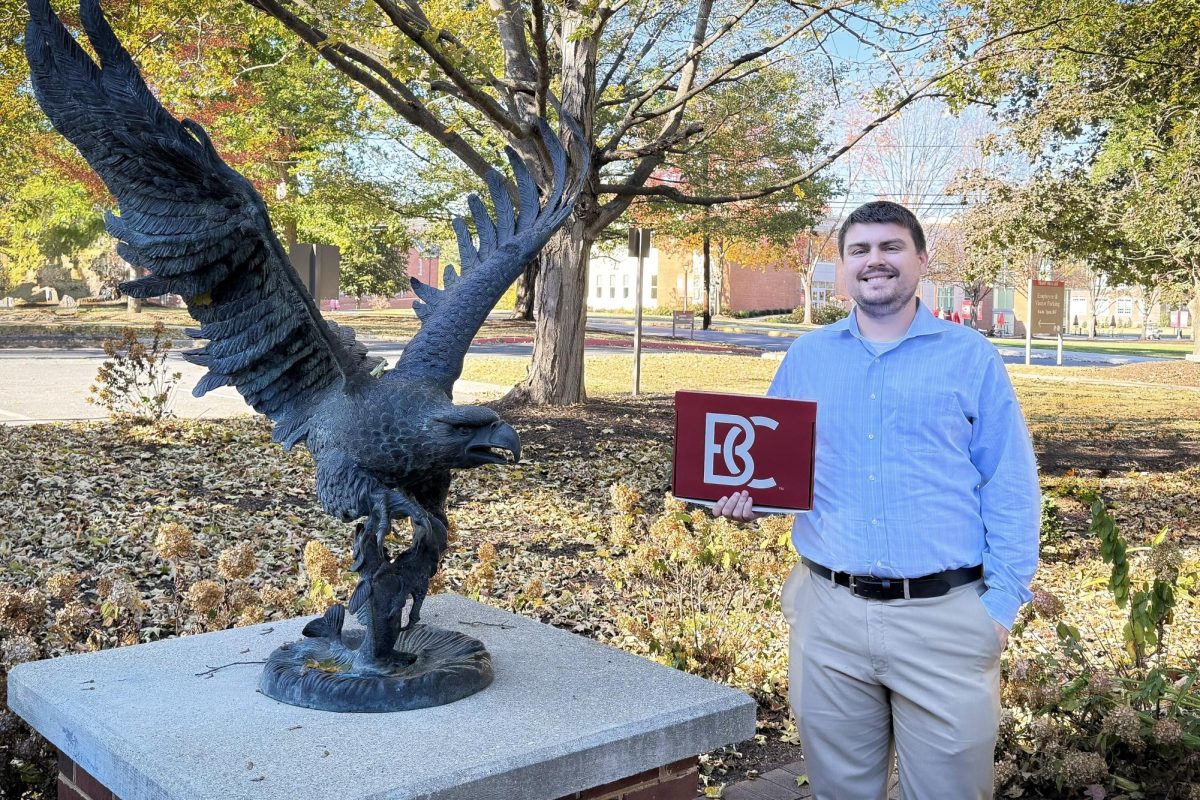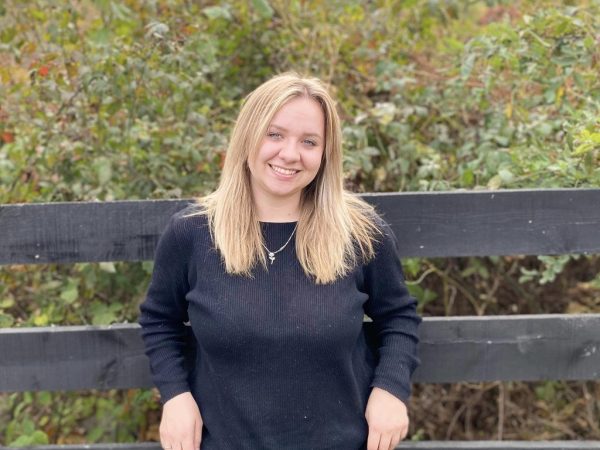Bridgewater, VA – Bridgewater College struggles to keep a long term Diversity, Equity and Inclusion coordinator, after the most recent one stepped down after only two years
Around the country there is a demand for Diversity, Equity and Inclusion positions. Oftentimes, these positions are not held long, and leave colleges, like Bridgewater, struggling to find people to fill those positions long term. The Diversity, Equity and Inclusion committees are imperative at colleges – finding ways for every person to feel included and represented in their college campus is incredibly important to campus life, but what trend is this profession on the road to?
Bridgewater College recently had one of their DEI staff leave their position. Dr. Gauri Pitale decided to leave her position in the DEI office to move to a different job opportunity.
Beth Lehman, Associate Professor of Education, stated, “Dr. Gauri Pitale was doing very important and challenging work on campus in connecting lots of people and groups around goals related to diversity, equity, and inclusion.” said Dr. Lehman.
Dr. Pitale spearheaded many events through the DEI office, such as the Intercultural Advisory Counsel. She supported DEI themed clubs and managed the Eagle Success program. She also participated in the Faculty DEI Committee as an ex officio member, and she served on the Teacher Education program’s DEI Committee. She worked with student groups to plan cultural events connecting to varied cultures and traditions.
After a short employment of just 2 years and 4 months, however, Dr. Pitale decided to move on, just as many workers in the DEI field have decided to. This same position at Bridgewater College has had four workers within the past six years. The average time a worker spends in the same DEI position is two years on average. This is an incredibly short employment time, but unfortunately this is the trend of the DEI profession in the last ten years.
What could this mean for campus events? The DEI team now has one less person in their small office to come up with work. There are less people in the office to focus and create events for people to attend.
This is the status for many university DEI committees. Instead of having a specifically dedicated department for DEI, colleges and universities are merging the DEI responsibilities with HR, admissions and other departments that do similar tasks. There is not a significant slowdown in the amount of DEI events at Bridgewater College, but simply put, the amount of work now has to be spread among even less people.
This is a national problem. As of April 12, 2024 there are now 30 bills banning DEI programs, and some states have even signed laws banning these programs. States like Florida, Alabama, North Dakota, South Dakota, Tennessee, Utah and Idaho have all signed legislation that now limits the way a DEI department can function. The bills for every state prohibits funds from being spent on teaching topics that revolve around race, gender, identity politics, sexism, oppression and other like ideologies.
Other efforts to limit DEI committees include trying to eliminate the talks around these issues. These bills are attempting to eliminate mandatory training in an effort to eliminate these types of assistance.
While DEI committees have taken a downward trend, Bridgewater College’s office remains resilient and determined to not let any of these setbacks affect their students.
“I am delighted that BC is working quickly to find a qualified leader for the Association Dean of DEI. In some parts of the country, DEI positions are being cut or renamed per demands of legislation and also due to misunderstanding the concept and goals of DEI.” said Lehman.

